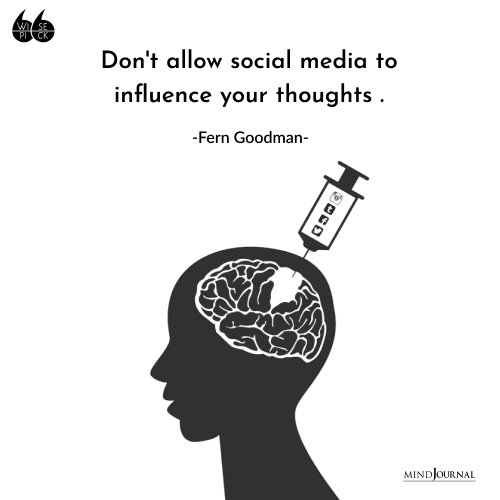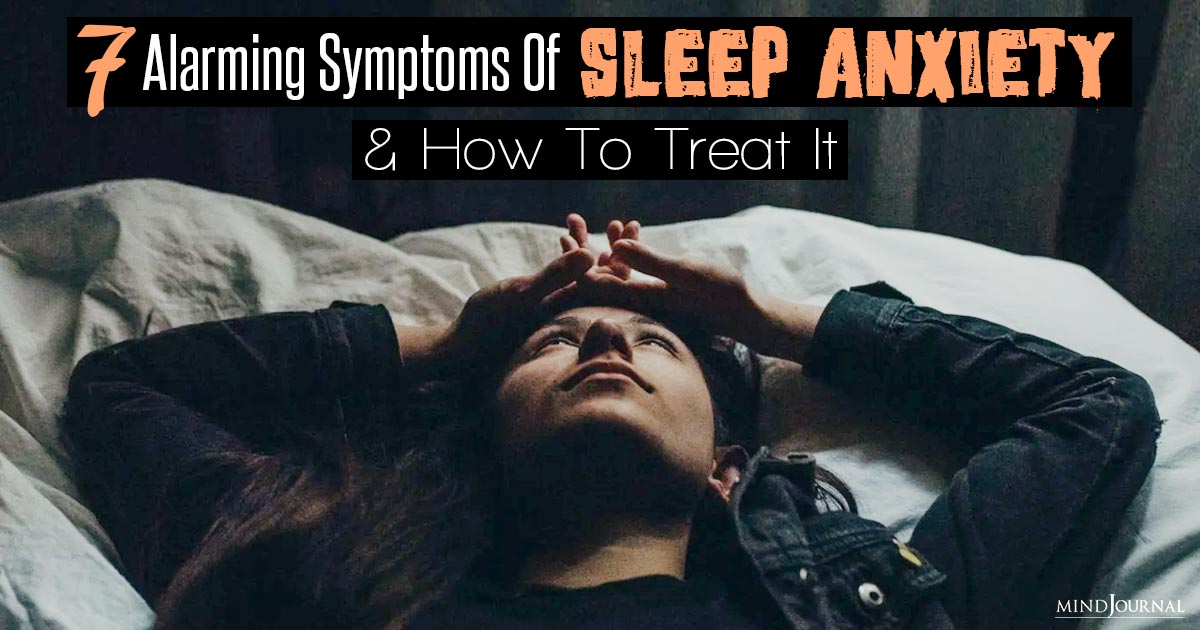Have you ever found yourself lying in bed, struggling to sleep and feeling uneasy? Asking yourself why does anxiety keep me from sleeping? Those restless nights might be more than just a temporary problem – they could be acute symptoms of sleep anxiety.
In this article, we will try to provide a comprehensive guide on what is sleep anxiety. We will unravel the causes of your sleeping troubles and the mental health reasons that extend beyond the surface!
Join us as we explore the connection between those nights where sleep seems to slip away and the feelings that might be more than meets the eye!
What Is Sleep Anxiety?
Sleep anxiety is a term used to describe feelings of uneasiness, restlessness, or worry that can interfere with one’s ability either to fall asleep or to stay asleep.
It goes beyond the ordinary pre-sleep jitters and can present a consistent pattern of anxious thoughts and tension around sleeping. These can range from family issues to personal experiences.

Those suffering from sleep anxiety might be trapped in a vicious cycle of anticipating sleepless nights ahead which ironically makes it even harder to wind down and fall asleep.
According to researchers, constant alertness may lead to problems like trouble falling asleep, frequent awakenings during the night, or waking up too early in the morning.
Therefore, one should know that sleep anxiety may be brought about by several things like stress, changes in lifestyle, or underlying psychiatric states.
Read More: What Is Sleep Training: 5 Expert Tips To Help Regulate Your Child’s Sleep Pattern
Do I Have Sleep Anxiety? Find Out The Symptoms Of Sleep Anxiety
Sleep anxiety can have severe impacts on your physical as well as your mental health. These can manifest in various ways.
Here are the typical symptoms of sleep anxiety:
1. Excessive thinking:
At night, you may experience difficulty falling asleep due to an overactive mind. This occurs when your brain is supposed to relax as it tries to work harder.
2. Increased heartbeat:
In case you feel a faster-than-normal pulsation of your heart, it can be associated with anxiety. This makes sleep difficult because such feelings become more intensified before bed.
3. Muscle tightness:
You feel physically restricted or rigid, especially if there is anxiousness. Physical tension like this can hinder becoming comfortable and feeling relaxed.
4. Anxiety about sleep quality:
Always stressing about how restful a night’s sleep will be creates a continuous cycle of anxiety. The very act of worrying itself prevents them from falling asleep peacefully.
5. Difficulty getting to Sleep:
One of the symptoms of sleep anxiety is that it could take quite a while for you to go to sleep. These racing thoughts and tenseness interfere with the natural process of dozing off.
6. Many awakenings during the nighttime:
Sleep anxiety can result in waking up many times throughout the night. These interruptions in sleeping cause an unrestful night.
7. Waking Up Earlier:
Again, having trouble going back to bed after waking up earlier than expected may indicate sleep anxiety.
These symptoms of sleep anxiety are among the common signs of sleep anxiety that people experience. By incorporating relaxation strategies such as simple calming activities, mental healthcare professionals can assist in managing and mitigating the impact of sleep anxiety on total dormancy.
Read more here: The Paralysis Of Overthinking: What Causes Analysis Paralysis?
What Are The Causes Of Sleep Anxiety?
Various factors underlie sleep anxiety, and understanding them is crucial for managing and treating the condition.
The main causes of sleep anxiety include:
1. Constantly Worrying Too Much
It is as if your mind is still whirring with the activities that took place during the day, making it hard to wind down.
2. Overthinking
Your thoughts seem to be on overdrive and seem never to shut up making it harder for you to relax as bedtime approaches.
3. Traumatic Experiences In The Past
Memories such as these may come back at night thereby causing disturbances in feeling secure or safe. These causes of sleep anxiety can also stem from past childhood trauma as well!
Read More: Is Your Child Suffering From Childhood Insomnia? Exploring The Causes And Treatment
4. Bad Sleeping Habits
Aspects such as failure to stick to a proper sleeping schedule; spending too much time glued to screens just before bed or drinking too much caffeine, would upset one’s sleep pattern.
They will ruin your natural sleeping patterns and increase anxiety levels within a person.
5. Not Having A Comfortable Sleeping Space
Creating a cozy sleeping atmosphere is important for getting good rest because if one’s sleeping environment isn’t comfortable—too loud, or their mattress is not right or there is too much light—it becomes difficult for them to relax or even sleep properly.
6. Thinking Too Much About Sleep
It’s like a cycle – the more you worry about whether you will fall asleep or not then it becomes even harder for you to doze off. The less you sleep; the more you worry about it and vice versa.
The knowledge of these reasons can help you find solutions to your question, ‘Why does anxiety keep me from sleeping?’ Talk with your doctor, tweak some things in your routine, try relaxation techniques, and you can manage the symptoms of sleep anxiety much better.
How To Reduce Anxiety While Trying To Sleep?
If you are asking yourself, ‘Why does anxiety keep me from sleeping?’ Adopting calming practices and modifying your bedtime routine can help reduce anxiety while trying to sleep.
Some of the simple strategies to do this are:
1. Create a Relaxing Bedtime Routine
Develop a mind-soothing routine before going to bed. For instance, reading a book, taking a warm bath, or doing gentle stretches. These activities will let your body know that it is time to relax.
2. Limit Screen Time Before Bed
The light from screens can interfere with the production of melatonin, which is a hormone that induces sleep.

At least an hour before going to bed, avoid using screens like phones and computers.
3. Practice Deep Breathing
One of the ways to relieve anxiety while trying to sleep is to engage in deep slow breaths to calm your mind and body. Take in long breaths via your nostrils, retain for a minute then slowly breathe out through the mouth. Repeat this several times.
4. Progressive Muscle Relaxation (PMR)
Begin from your toes up to your head, tense, and release every muscle group in the body. This helps you release physical tension.
5. Meditation
Put all your attention into what’s happening at the present moment by focusing on breathing or anything else that arises in your senses. By doing mindfulness meditation one can quieten their racing thoughts thus becoming relaxed.
6. Create a Comfortable Sleep Environment
Your bedroom should be conducive for sleeping purposes. Keep it cool, dark, and silent. Spend some money on buying yourself a good mattress as well as pillows.
7. Limit Stimulants
Avoid consuming stimulants such as caffeine and nicotine close to bedtime as they cause uneasiness and worry.
8. Write Down Worries
If you are facing anxiety while trying to sleep try jotting the thoughts down in a journal before bedtime. This can help clear your mind and create a sense of closure.
9. Use Relaxation Apps or Sounds
Gentle music or nature sounds may include relaxation apps or sounds that can make the atmosphere of your bedroom more relaxing.
10. Seek Professional Support
Seeking mental health support help from a healthcare professional may be required if anxiety does not go away. Their recommendations can be followed as they help you to understand the root causes of your anxiety.
Remember, there may be some trial and error involved in finding what works for you. It is about developing a routine that indicates to your mind and body that it is time to unwind and prepare for sleep at night.
Read more here: The Shocking Truth About How Stress Triggers Vertigo and Proven Tips for Self-Relief
Finding A Peaceful Slumber
If you have ever experienced symptoms of sleep anxiety, you are not alone. These nights might not be just another momentary problem. Multiple aspects may contribute to these, ranging from stress and big life changes to health matters and past occurrences.
Knowing about these causes will help you understand the answer to your question “Do I have sleep anxiety|”.
However, it is not like that; we are not here to pile on more worries. We are here with a few simple suggestions that may be of help. Nevertheless, it might just take some time before we can get what works best for us.
Learn to be patient with yourself. It’s okay if you need support along the way to a good night’s rest.
So let us cheer for finding that sweet spot between sound sleep and rising eagerly for the next day. Sleep well!
Frequently Asked Questions
1. Do I have sleep anxiety?
When one experiences restlessness, racing thoughts or uneasiness just before going to bed, it may be due to sleep anxiety. It can manifest through signs such as overanalyzing things, racing heart, and muscle tension.
2. Why does anxiety keep me from sleeping?
This makes it hard to unwind since anxiety can create a tempest in the mind. Such agitation may show in your physicality, robbing you of peaceful slumbers.
3. What Is Sleep Anxiety?
Sleep anxiety is a disorder characterized by excessive worry and nervousness that hinder sleep onset and maintenance. This means it goes beyond the usual jitters before bedtime, causing a decline in the quality of sleep.
4. What are the symptoms of sleep anxiety?
Symptoms of sleep anxiety include over-analysis, an accelerated heartbeat, muscle strain, and anxiety about sleep quality. Trouble falling asleep and waking up several times at night is a common occurrence. It can help you get an answer to your question, ‘Do I have sleep anxiety?’
5. What are the causes of sleep anxiety?
Sleep anxiety may be caused by stress, life alterations, health problems, mental ailments, past experiences, bad sleeping patterns as well as uneasy sleep arrangements, and concern about the quality of rest. It is important to comprehend these aspects for effective management of the situation.











Leave a Reply